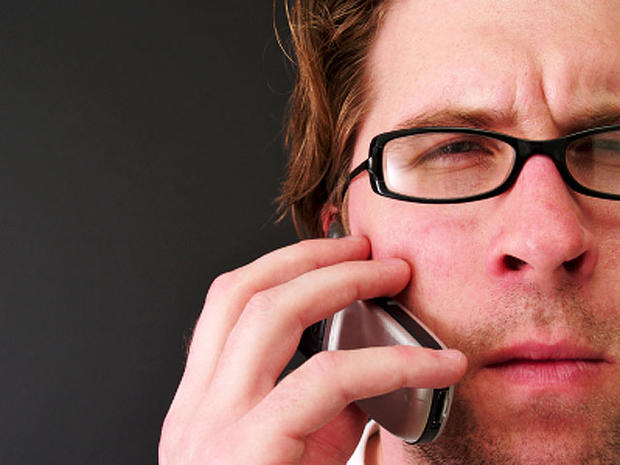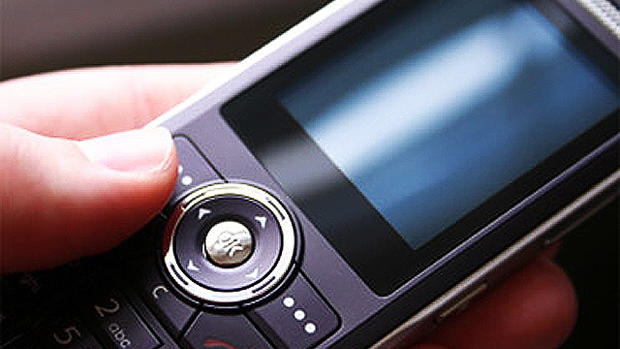Mobile phone users eye precautions after scary cancer report (PICTURES)
(CBS/AP) In the wake of a new report that labels mobile phones "potential carcinogens," experts are downplaying the potential threat. Some say the report - issued Tuesday by the International Agency for Research on Cancer - needn't lead people to change their cellphone habits.
PICTURES: Top 10 low-radiation cellphones
"Anything is a possible carcinogen," said Donald Berry, a professor of biostatistics at M.D. Anderson Cancer Center at the University of Texas. He was not involved in the agency's assessment. "This is not something I worry about and it will not in any way change how I use my cellphone," he said - speaking from his cellphone.
The report "means there is some evidence linking mobile phones to cancer but it is too weak to draw strong conclusions from," said Ed Yong, head of health information at Cancer Research U.K. "If such a link exists, it is unlikely to be a large one."
The report, issued after a weeklong meeting on the type of electromagnetic radiation found in cellphones, microwaves and radar, indicated that there was limited evidence linking cellphone to two types of brain tumors but inadequate evidence to draw conclusions for other cancers.
"We found some threads of evidence telling us how cancers might occur, but there were acknowledged gaps and uncertainties," said Jonathan Samet of the University of Southern California, the panel's chairman.
The same cancer research agency lists alcoholic drinks as a known carcinogen and night shift work as a probable carcinogen. Anyone's risk for cancer depends on many factors, from genetic makeup to the length of exposure.
Last year, results of a large study found no clear link between cellphones and cancer. But some advocacy groups contend the study raised serious concerns because it hinted at a possible connection between heavy phone use and glioma, a rare but often deadly brain tumor.
In about 30 other studies done in Europe, New Zealand and the U.S., patients with brain tumors have not reported using their cellphones more often than unaffected people.
The cellphone industry trade group, CTIA-The Wireless Association, pointed out that two U.S. agencies have found no evidence linking cellphones to cancer - the FDA and the Federal Communications Commission.
Cellphones send signals to nearby towers via radio frequency waves, a form of energy similar to FM radio waves and microwaves. But the radiation produced by cellphones cannot directly damage DNA and differs from stronger types of radiation like X-rays or ultraviolet light.
Some experts recommended that people use a headset or earpiece if they are worried about the possible health risks of cellphones. "If there is a risk, most of it goes away with a wireless earpiece," said Otis Brawley, chief medical officer of the American Cancer Society.
Brawley said people should focus on the real health hazards of cellphones.
"Cellphones may cause brain tumors but they kill far more people through automobile accidents," he said. Brawley added it was also reasonable to limit children's use of cellphones since their brains are still developing.

